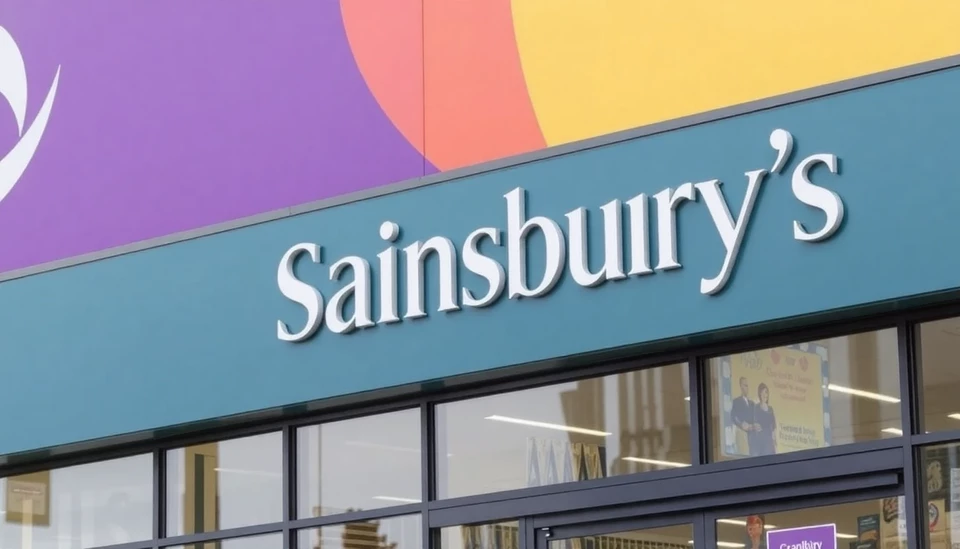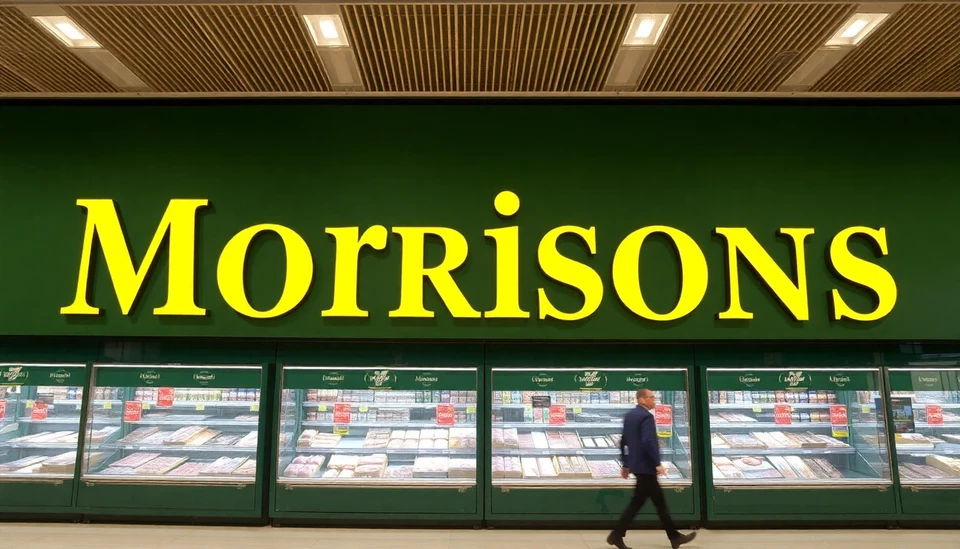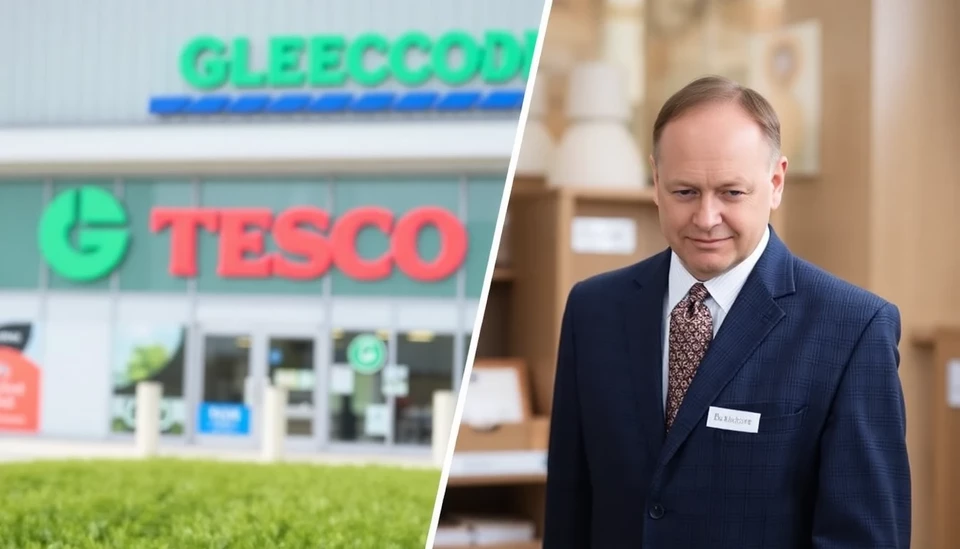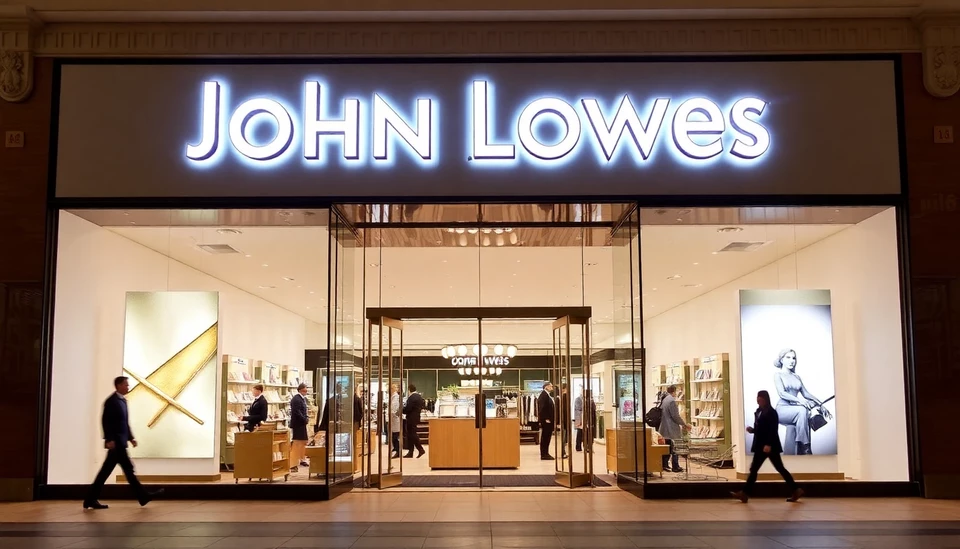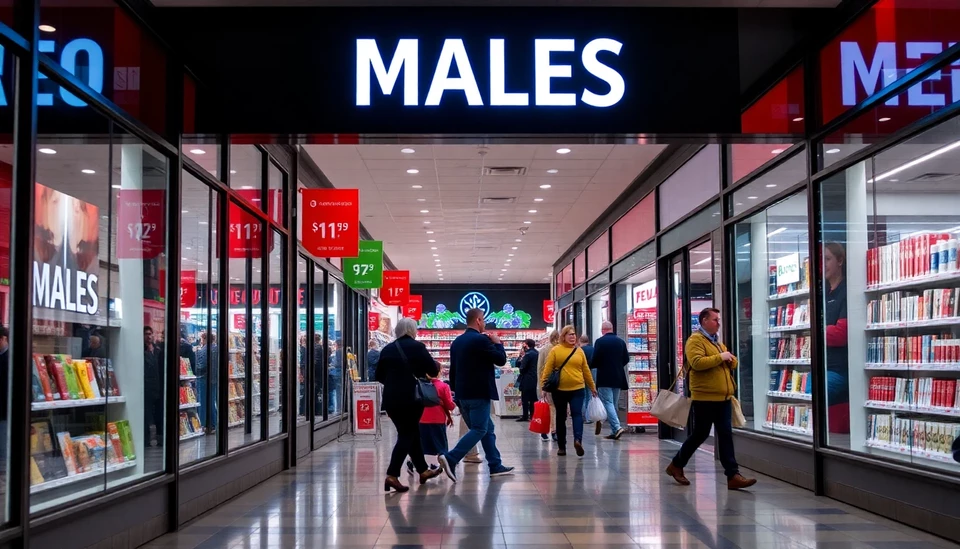
In a recent poll, a significant majority of retailers across the United Kingdom have indicated that they are likely to increase their prices in the coming months. This trend has emerged as businesses attempt to cope with the escalating costs tied to their operating budgets. The survey results highlight a concerning pattern, as retailers navigate the challenges posed by inflation and rising expenses.
The retail sector, a pivotal part of the UK economy, is encountering mounting pressures due to various factors, including rising inflation rates and increased operational costs. Many retailers are grappling with heightened energy bills and supply chain expenses, which have surged in recent years. As a result, businesses are finding it increasingly difficult to maintain their margins without adjusting their pricing strategies.
According to the poll, a staggering over 60% of retailers reported plans to raise prices, suggesting that consumers could soon face higher bills for everyday goods. This move is seen as a necessary response to sustain business viability amid challenging economic conditions. Retail experts warn that such price increases could further strain consumer budgets, which are already stretched thin due to wider economic uncertainties.
Historically, consumer spending has been pivotal for the UK's economic recovery; however, the prospect of rising prices could deter spending, leading to a potential slowdown in retail sales. Analysts are concerned that persistent inflation could undermine consumer confidence, prompting households to tighten their spending habits as they brace for potentially higher costs across various sectors.
Retailers are exploring various strategies to mitigate the impact of cost increases. Some are focusing on optimizing operations and supply chain efficiencies, while others are evaluating their product offerings to emphasize value. However, the consensus remains that passing some of these costs onto consumers appears inevitable.
The survey also revealed that smaller retailers are feeling the squeeze more acutely than their larger counterparts, as they often have less flexibility in managing costs and less bargaining power with suppliers. This disparity in capacity to absorb costs could lead to further market consolidation, as struggling small businesses may find it increasingly difficult to compete.
Looking ahead, the retail landscape in the UK may undergo significant changes as retailers recalibrate their business models in response to economic pressures. This polling outcome serves as a precursor to potential shifts in consumer behavior and market dynamics as price hikes loom on the horizon.
In summary, the results of this poll indicate a challenging road ahead for UK retailers and consumers alike. As the reality of rising costs sets in, the implications on spending, competition, and market structure will be felt across various sectors.
#UKRetail #PriceHikes #RetailEconomy #ConsumerSpending #InflationImpact #BusinessTrends
Author: Rachel Greene
